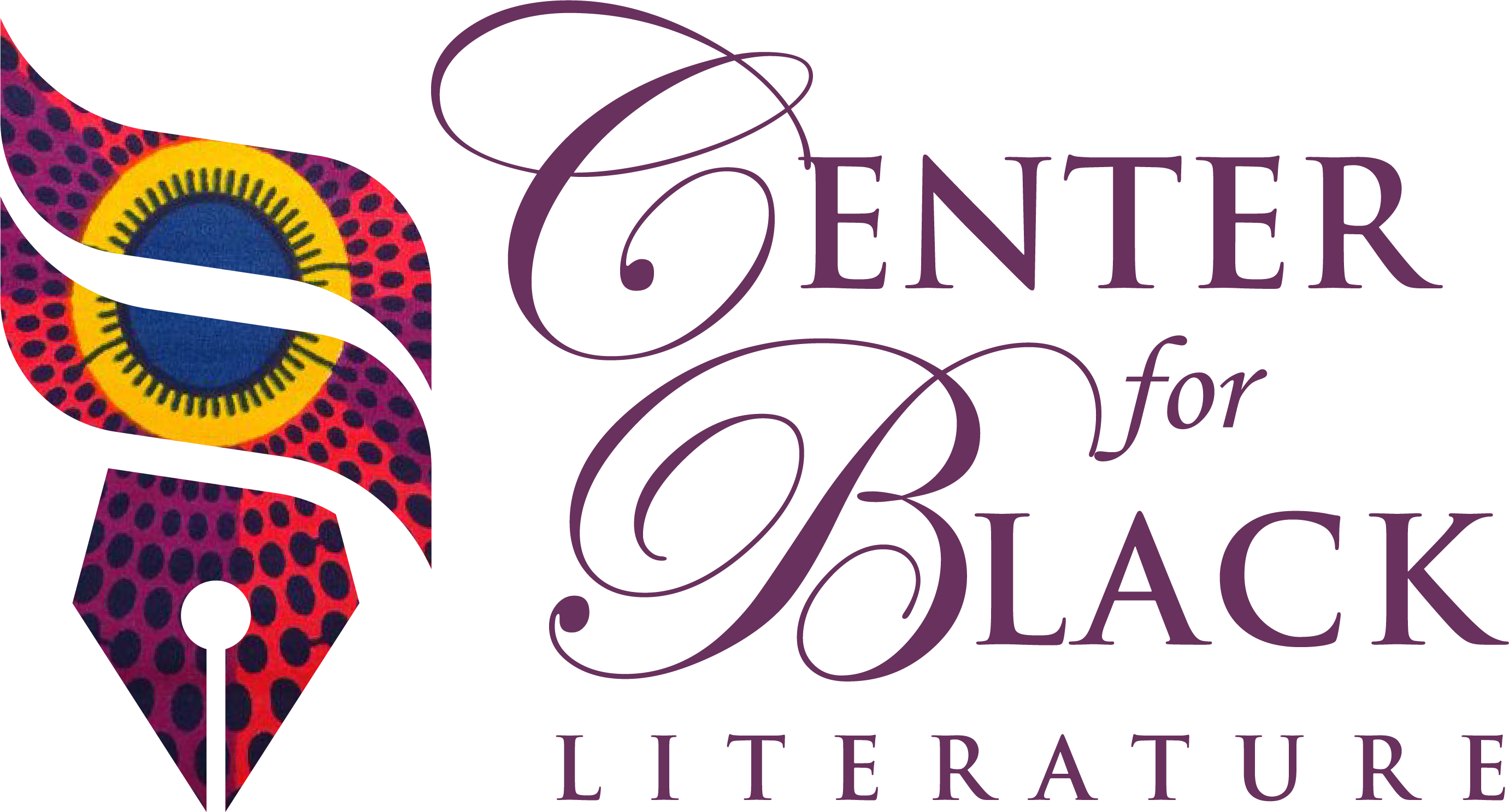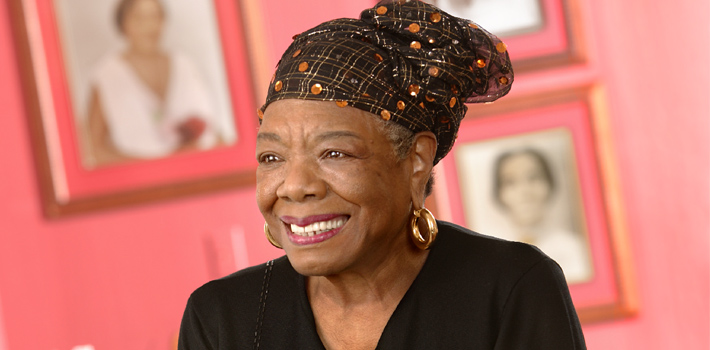By Sashagale Moore | From the 18th century to the present day, Black literature has changed the world. The earlier Black writers were fearless, and we must remember them and honor their fearlessness because, before the 18th century, the idea of Black writers was preposterous. Why? Because at that time, Blacks weren’t allowed to read, even if they could. So the idea of a Black writer was absurd.
As time evolved, literature gave the Black writer a platform in which he or she could explore and even challenge racism, abuse, and violence. Not all earlier works focused on the negative Black experience in America, some authors wrote works about love, beauty, music, and empowerment. Whether they were poets, playwrights, novelists, or scholars, their style of literature became the voices of their generations, and models for future generations to carry on their legacy.
As a writer of color, I am influenced by Black authors such as Langston Hughes, James Baldwin, W.E.B. Du Bois, Ralph Ellison, and Maya Angelou. I find their works to be thought-provoking, passionate, and diverse. W.E.B. Du Bois’s famous collection of essays “Souls of Black Folk” explores the concept of double consciousness.
Langston Hughes’s works were more focused on portraying the lives of working-class African Americans. Hughes’s poem “I, Too”, is an influential piece that portrays American racism as experienced by a Black man. The aspect that makes the poem so powerful is the recounting of racism and slavery from the perspective of a Black man. In the poem, the reader can observe how Caucasians continuously deny the speaker a literal and metaphorical seat at the table. Even more moving is the way the speaker stands up for himself and asserts that he is an American too.
Poets like the phenomenal woman herself, Maya Angelou, continue to inspire today. Many of Angelou’s poems, and published novels were stories based on her experience. Her most famous poem, “Phenomenal Woman,” was published in 1978, and the poem rejects narrow societal expectations of women, and instead focuses on the alternative perspective regarding beauty. The poem sends an empowering message to all women that true beauty comes from a place of self-confidence and self-acceptance.
The aforementioned authors changed literature forever and made their mark on the world. Even though many of these authors have passed on, their words will forever live. As their names continue to influence the next generation of writers, their voices will help mold them.
Sashagale Moore is an English Major at Medgar Evers College, and is an expressionist.

